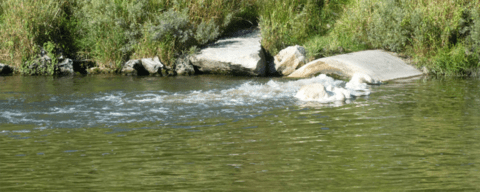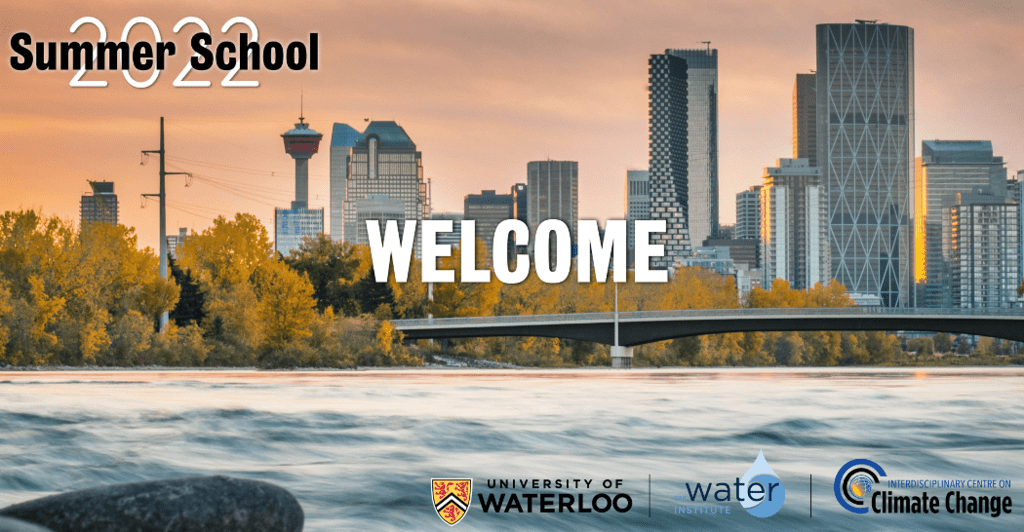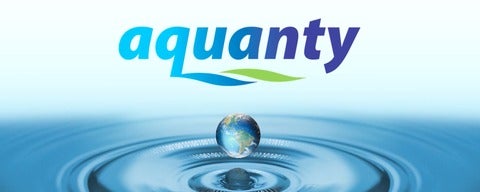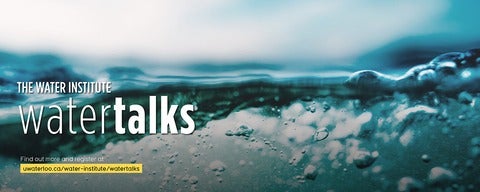Research showcase offers a glimpse into the work of early career faculty
The Water Institute is excited to host its inaugural event showcasing the research of early career faculty. Covering topics such as climate smart agriculture, remote sensing of freshwater lakes, GHG dynamics in waterbodies and interconnections in water-energy-food systems, eight faculty members from across four faculties and six departments/schools will share a glimpse into their research on October 31st.












